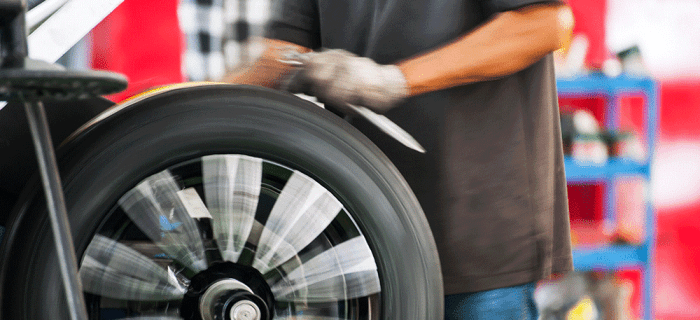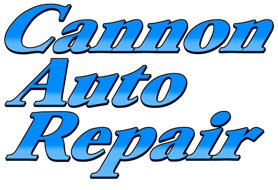When Should Tire Pressure Be Checked?
Maintaining properly inflated tires is an easy, yet very important maintenance tip that will help prevent urgent tire repair. Properly inflated tires:
- make driving safer,
- extend the life of tires,
- help reduce harmful emissions into the ozone, and
- increases fuel efficiency.
When should tire pressure be checked?
- Check tire pressure first thing in the morning before driving or at least three hours after last driving.
- Check tire pressure monthly as tires can lose a pound per square inch of pressure every month.
- Check tire pressure when the temperature is about 70 degrees Fahrenheit. Tire pressure can drop one-half to one pound-per-square-inch (psi) for every 10-degree drop in temperature.
Underinflated tires:
- Reduce tread life by as much as 25 percent
- Impact gas mileage by as much as five percent
- Weaken tire structure resulting in blow-outs or other failures
- Reduce steering responsiveness and stability while cornering
- “Break traction” more easily, which can affect handling
- Affect weight distribution, steering, alignment and braking
- May cause your vehicle to “pull” one way or the other
Overinflated tires:
- Are damaged more easily by potholes
- Lead to irregular tread wear
- Increase internal noise levels
- Can mean a rougher ride
- Decrease deflection and control because less tire surface is in contact with the road—especially in snowy or rainy weather
Make sure your tires are inflated to the pounds-per-square-inch (psi) specifications recommended for your particular vehicle. This information is usually specified on a sticker inside the driver’s door jam, in the glove compartment or in the vehicle owner’s manual. Do not use the tire pressure listed on the tire itself—that’s the maximum pressure to which a tire can be inflated, not the pressure for optimum driving and efficiency.
Need to know more about when should tire pressure be checked? Contact our ASE Certified Technicians at Cannon Auto Repair today for more information about our tire repair services and to schedule an appointment. Our auto shop serves vehicle owners in Cannon Falls, MN, and the surrounding areas.
Are you wondering when should tire pressure be checked? Ask the tire repair technician at Cannon Auto Repair for expert advice.
Maintaining properly inflated tires is an easy, yet very important maintenance tip that will help prevent urgent tire repair. Properly inflated tires:
- make driving safer,
- extend the life of tires,
- help reduce harmful emissions into the ozone, and
- increases fuel efficiency.
When should tire pressure be checked?
- Check tire pressure first thing in the morning before driving or at least three hours after last driving.
- Check tire pressure monthly as tires can lose a pound per square inch of pressure every month.
- Check tire pressure when the temperature is about 70 degrees Fahrenheit. Tire pressure can drop one-half to one pound-per-square-inch (psi) for every 10-degree drop in temperature.
Underinflated tires:
- Reduce tread life by as much as 25 percent
- Impact gas mileage by as much as five percent
- Weaken tire structure resulting in blow-outs or other failures
- Reduce steering responsiveness and stability while cornering
- “Break traction” more easily, which can affect handling
- Affect weight distribution, steering, alignment and braking
- May cause your vehicle to “pull” one way or the other
Overinflated tires:
- Are damaged more easily by potholes
- Lead to irregular tread wear
- Increase internal noise levels
- Can mean a rougher ride
- Decrease deflection and control because less tire surface is in contact with the road—especially in snowy or rainy weather
Make sure your tires are inflated to the pounds-per-square-inch (psi) specifications recommended for your particular vehicle. This information is usually specified on a sticker inside the driver’s door jam, in the glove compartment or in the vehicle owner’s manual. Do not use the tire pressure listed on the tire itself—that’s the maximum pressure to which a tire can be inflated, not the pressure for optimum driving and efficiency.
Need to know more about when should tire pressure be checked? Contact our ASE Certified Technicians at Cannon Auto Repair today for more information about our tire repair services and to schedule an appointment. Our auto shop serves vehicle owners in Cannon Falls, MN, and the surrounding areas.
